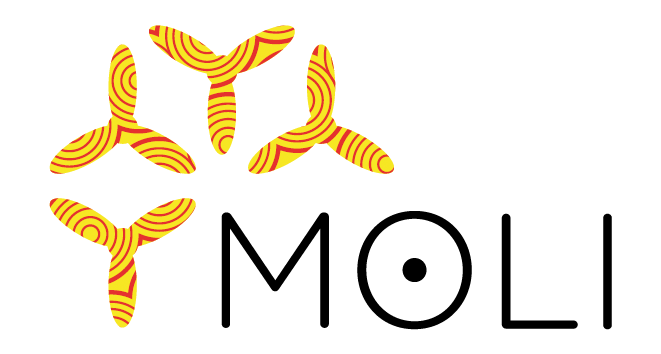Economic Inclusion
#Building social capital
Building Social Capital
An inclusive economy is one in which everyone, regardless of circumstances or disadvantages, may contribute and succeed. It represents a new way of thinking about economic growth, in which economic success is generated not just by periods of rapid expansion but also by individuals with important skills, abilities, and backgrounds.
Our economies require changes that will result in robust growth and have a long-term influence on society. Including underprivileged communities in economic progress is critical to this sort of transformation. It allows individuals to establish their own social safety net, contributes to solving situations such as poverty, and increases resilience to unanticipated challenges.
We work with community-based organizations, businesses, and individuals that have been impacted by the complex social issues facing our world. We strive to identify, develop and activate their unique set of skills to reduce their risk factors and increase the probability of success. Our training, coaching, and mentoring programs build social capital through the following:
Building safety nets
Community networks and friendships that enable people to realize their goals and build safety nets are increasingly acknowledged as critical components of anti-poverty strategies.
We collaborate with community-based groups to develop village savings loan associations to strengthen community cohesion and capital.
Support to entrepreneurship
Sustainable lives and economic possibilities for all individuals in society, whether from rural or urban regions, both in formal and informal labor, create inclusive growth.
We help entrepreneurs expand their businesses by providing training, networking, and valuable tools and empowering them with financial education and incentives that promote saving. This enables people to launch or expand their businesses while positively impacting their communities.

